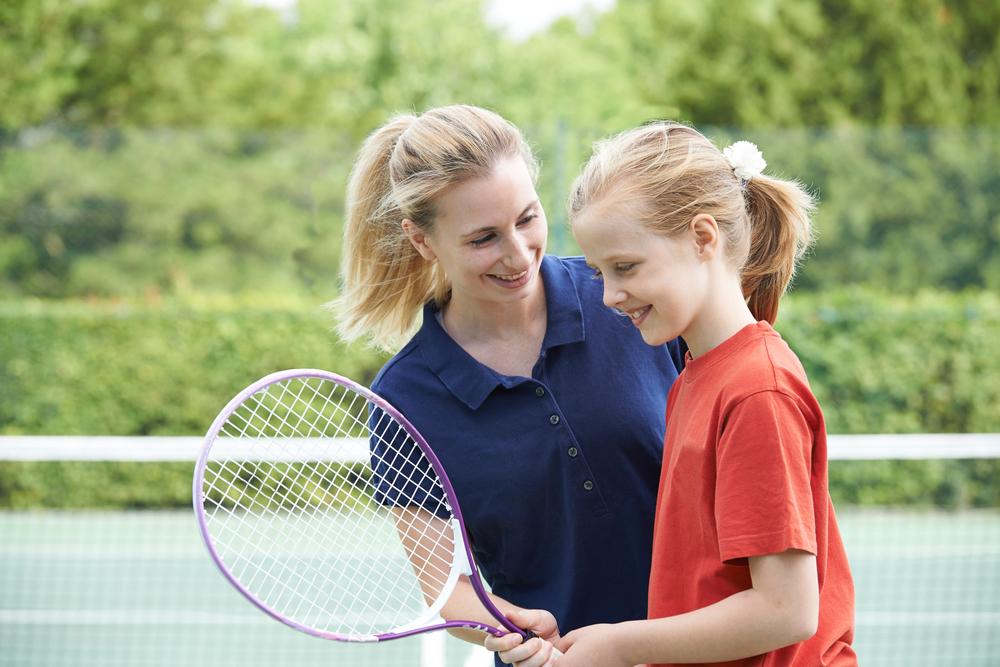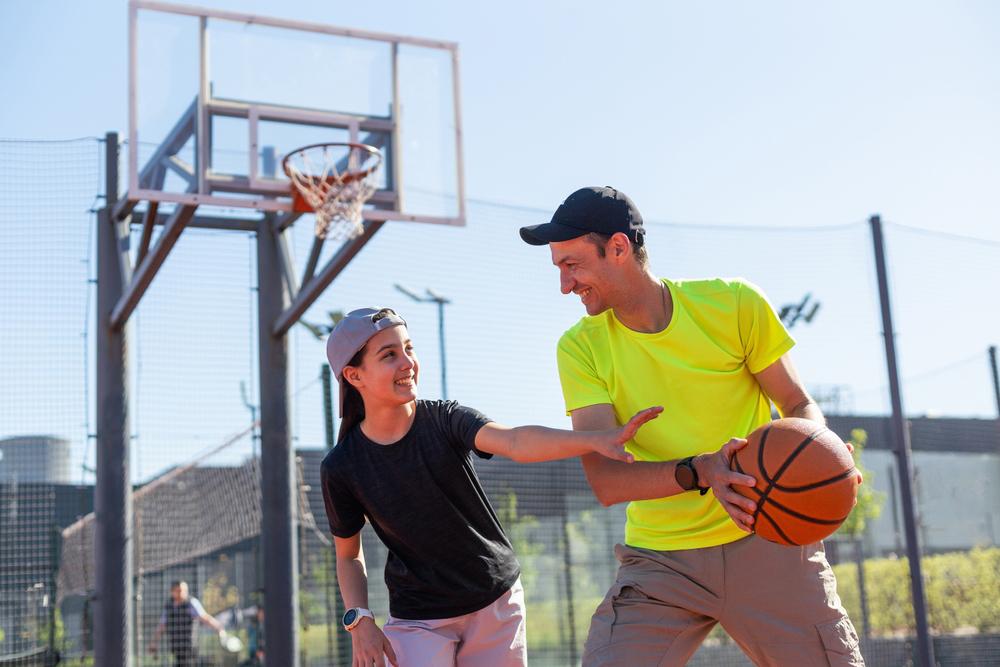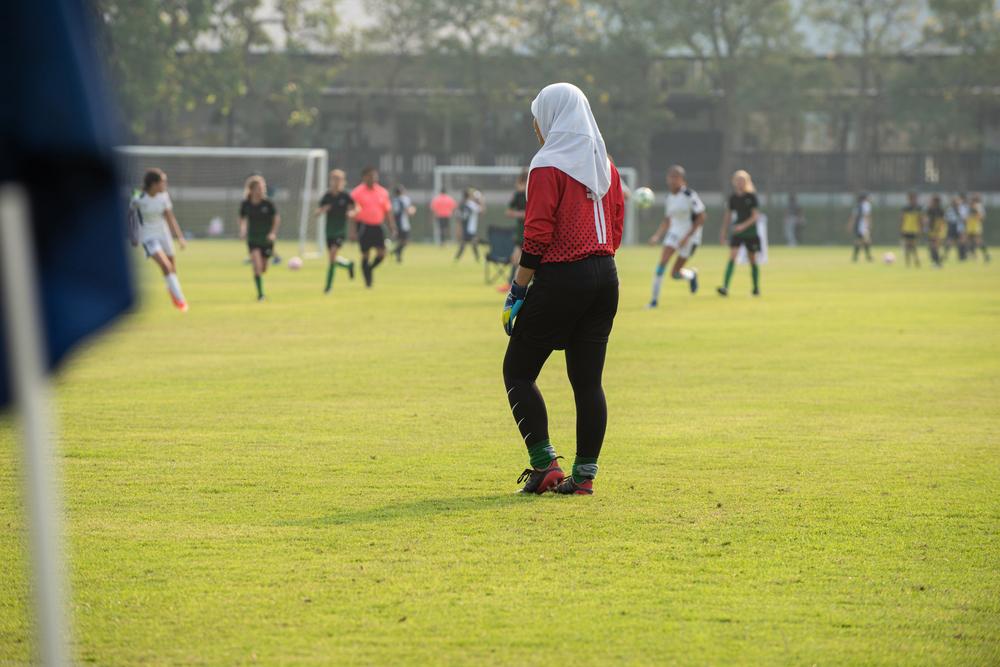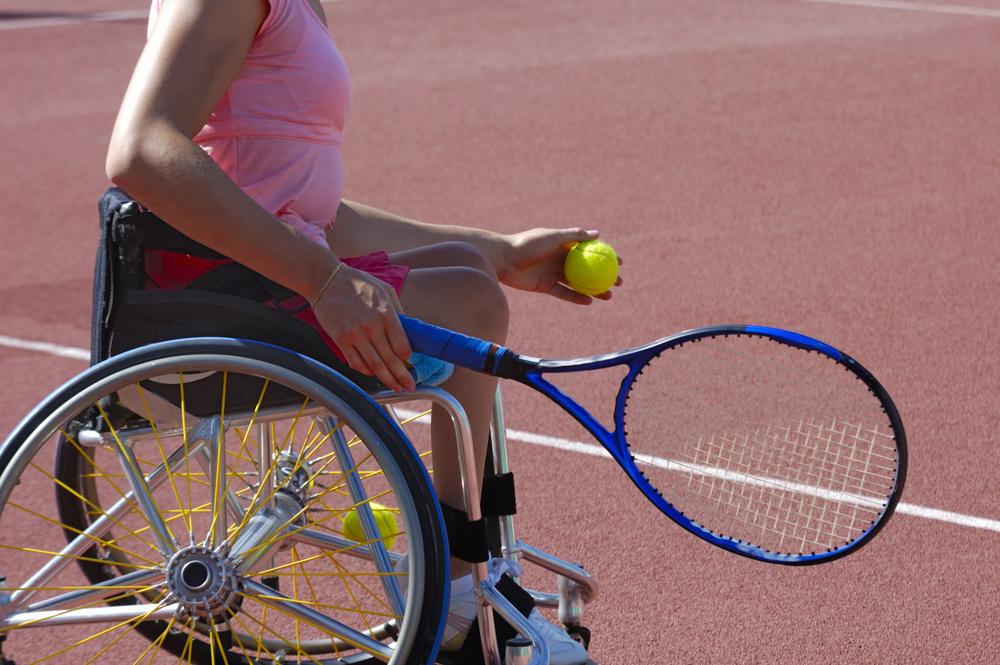 Whether you’re a coach or parent to a young athlete, the way that you praise them after a competition can have a deep impact. Wade Gilbert, PhD, a professor at California State University in Fresno and a Team USA Coaching Consultant, has some advice on how to praise your athlete in a way that will have the most beneficial impact on their sport and psyche.
Whether you’re a coach or parent to a young athlete, the way that you praise them after a competition can have a deep impact. Wade Gilbert, PhD, a professor at California State University in Fresno and a Team USA Coaching Consultant, has some advice on how to praise your athlete in a way that will have the most beneficial impact on their sport and psyche.
Don’t offer false praise
“False praise is the worst thing a parent can give – the best type of praise is genuine praise,” says Gilbert. “If you want to praise kids, it should be genuine and earned. If the praise isn’t earned, don’t say anything. We overcomplicate things by thinking we need to say something positive about everything.”
Focus on process, not results
Studies have shown that parents shouldn’t focus on grades that their children receive – instead, focus on the way that they’re playing and performing. And as a coach in particular, the way you praise an athlete based on outcome versus progress can change how your athlete views success. If you only praise your athletes after games they win, Gilbert warns that the athletes will learn to focus on the outcome rather than the skills it takes to perform at a high level.
Help them master their skills
Student athletes tend to have higher self-confidence long after they’ve left high school. “But confidence doesn’t come from false praise,” says Gilbert. “It comes when an athlete feels competent. So, if your athlete is getting better, that’s how their confidence will build. To pump up confidence, focus on teaching skills rather than praising them.”
Praise what’s in their control
It can be tempting to point out how a young athlete ‘destroyed the other team’ or ‘crushed the competition.’ But that puts an emphasis on the negative side of sport, versus praising the athlete’s personal performance.
“You want to reinforce the positive things that they’re doing and that they can control, not things that are dependent on how other athletes perform. And in team sports, parents shouldn’t put down other athletes on the team while praising their own child.”
Follow your athlete’s lead
“After the game, don’t start with a breakdown of how you thought it went,” says Gilbert. “Ask how your athlete felt about the game and let the conversation flow from that.”
Sometimes your athlete doesn’t need praise, they may just need to quietly contemplate how the game went, or even talk through what went wrong during the competition.
Praise others on the field
Gilbert recommends pointing out great plays by other athletes as well as your own. “We think we’re doing a favor by protecting them and offering this false praise, but really what we should be doing is talking about what an athlete did well, and also about what other athletes did. It’s OK to point out another player on the team, or on the opposing team, who had a great game,” says Gilbert. “That helps teach your child how to handle losses and wins more gracefully.”
______
Gilbert concludes by recommending that coaches “make a checklist for pre and post-game routines, and a checklist for how often he or she is praising individual athletes on the team to make sure you’re paying attention to everyone.”
He adds, “You have to be proactive about making sure everyone on the team is being acknowledged,” says Gilbert. It’s so easy to miss a quieter athlete during a season, but every athlete on the team should end the year feeling valued for their progress, skill development, and attitude.



